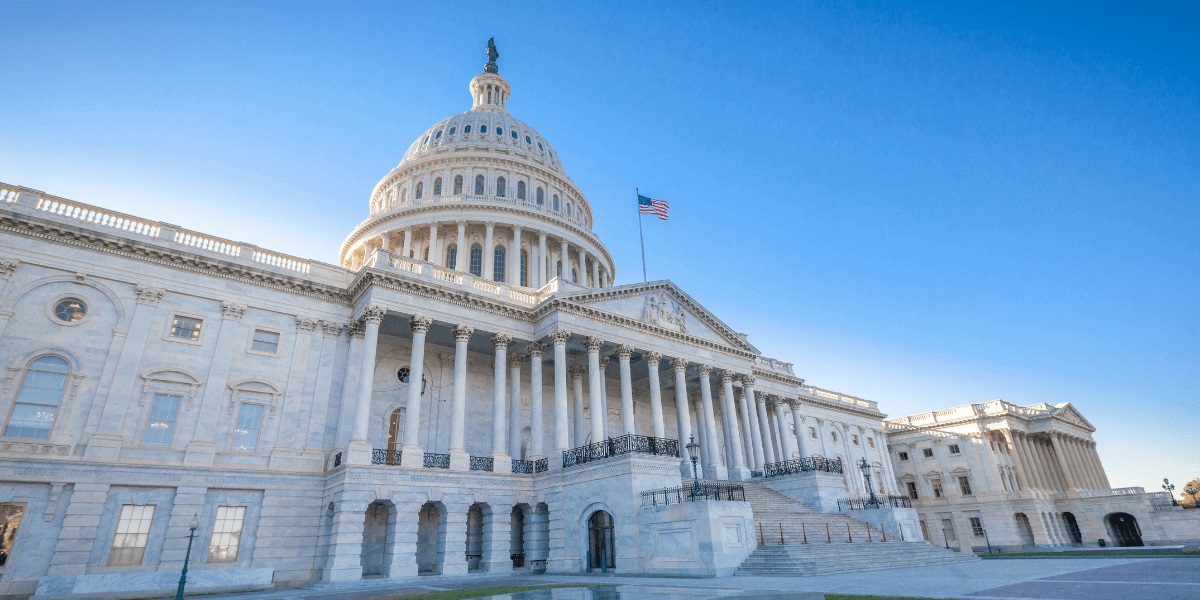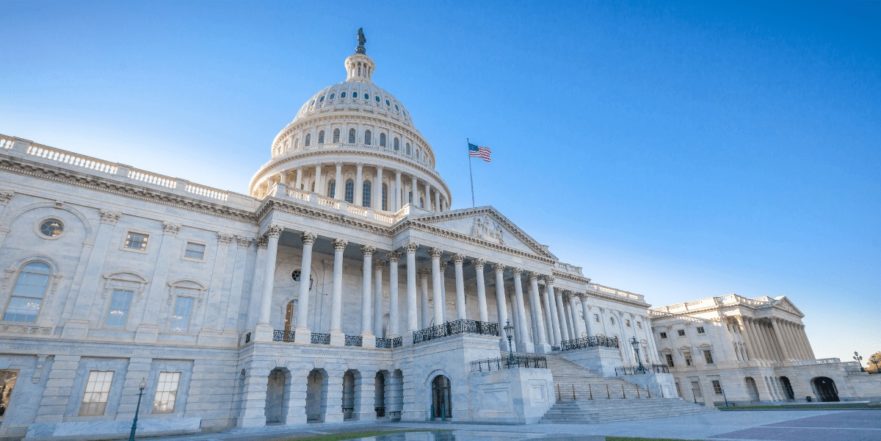
After months of political gamesmanship, Congress has finalized a new emergency economic relief bill highlighted by more direct payments to individuals, more supplemental unemployment benefits, and funding for a new round of Paycheck Protection Program loans.
The nearly 6,000-page bill, which comprised of three major spending measures, including a government funding package, passed with overwhelming bipartisan support and was signed by the President.
More Relief for Small Businesses
- The bill authorized $284 billion for a new round of PPP loans. This round expands eligibility by allowing 501(6) nonprofit organizations to participate. Also, businesses that received PPP loans in the first round are eligible to apply for a second loan.
- PPP borrowers may apply for a second loan if they have suffered at least a 25% reduction in gross receipts in a quarter in 2020 as compared to the same quarter in 2019.
- The bill changes a significant IRS decision to disallow tax deductions for expenses paid for with PPP funds. Small business groups complained that businesses would wind up with higher tax liabilities without the ability to deduct those expenses. Those expenses are now tax-deductible.
- In addition, business meals will be considered a deductible expense for two years.
- The Economic Injury Disaster Loan Program has received an additional $20 billion in funding.
- $15 billion will fund additional support for live music venues, movie theaters, and museums that have suffered a “significant” revenue loss.
- Community development financial institutions and minority deposit institutions can tap into another $9 billion in funding.
- A provision pushed by Senate Republicans to shield businesses from COVID-related lawsuits doesn’t appear to have made it into the bill.
Relief for Households
- The bill provides for direct payments of $600 to each individual, including dependent children. The income thresholds remain the same—under $75,000 for individuals and under $150,000 for couples.
- Individual benefits include a $300 plus-up for weekly unemployment payments along with expanded unemployment insurance eligibility through mid-March of next year.
- The bill also extends rental assistance including a federal eviction moratorium and it expands low-income housing, earned income, and child tax credits.
IRS Guidance to Follow
We expect further guidance from the IRS regarding the tax-deductibility of expenses paid with PPP funds as well as more clarification on PPP loan forgiveness. As more detail emerges over the next few weeks, we will update this blog article and host an informational webinar around mid-January to further discuss the legislation. Please stay tuned!






